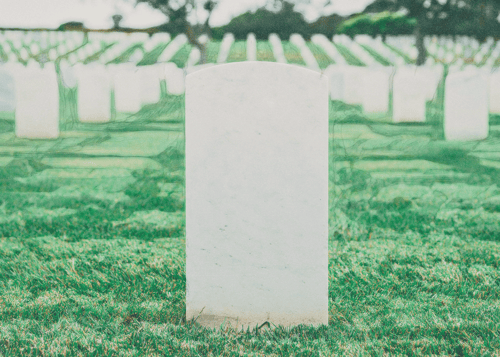
The geopolitics of recognition and denial
Every year on 24 April, Armenians all over the world flock to memorials to commemorate the memory of the victims of the Armenian Genocide – the greatest tragedy in Armenian history. On this day, rallies, marches, and demonstrations are organised and attended by thousands of Armenians from Yerevan to Brussels, from Paris to Tbilisi, demanding recognition, justice, and reparations for what is known as the first genocide of the 20th century.
Perpetrated by the Ottoman Empire more than a century ago, the Armenian Genocide has remained a highly political issue in Armenia, Türkiye, and the rest of Europe. While the Armenian government and the Armenian diaspora have made efforts to achieve worldwide recognition and condemnation of the genocide, Türkiye, the successor state of the Ottoman Empire, has made the denial of the genocide one of the pillars of its foreign policy.
This year on 24 April, amid Armenia-Türkiye normalisation efforts and the recent events that befell the Armenians of Armenia and Nagorno-Karabakh, the memory of the genocide and the commemoration of its victims seem to be even more politically charged.
Memory versus politics
This week, various segments of the Armenian society discussed a controversial suggestion made by Andranik Kocharyan, the chair of the Armenian parliament’s Defence Committee and a member of the ruling Civil Contract party. Kocharyan proposed to make a complete list of the victims of the Armenian Genocide to verify the number of 1.5 million deaths.
Edita Gzoyan and Suren Manukyan, scholars of the Armenian Genocide, voiced their outrage at Kocharyan’s proposal, arguing that creating a comprehensive list of victims is impossible due to many technical difficulties. They also asserted that such an effort would only serve the Turkish denialist propaganda. Many Armenians interpret Kocharyan’s suggestion as part of the Armenian government's efforts to make concessions to Türkiye and establish diplomatic relations with the country.
”Never again:” not in words but in deeds
Apart from Armenia and Türkiye, numerous other countries across the continent have politically ”engaged” themselves in either recognising or denying the Armenian Genocide. Among the most fervent deniers is the Azerbaijani government, which joins efforts with its closest ally, Türkiye, to promote the genocide as an Armenian-fabricated lie.
Conversely, 18 European governments have acknowledged that what happened to the Armenians of the Ottoman Empire from 1915 to 1917 was indeed a genocide. The governments of Cyprus, Greece, Slovakia, and Switzerland took the recognition a step further, criminalising the act of the denial of the genocide. The Turkish government believes that those official recognitions politicise the issue, serve as leverages on Ankara, and further complicate the process of Türkiye’s integration into the EU.
With the memory of the Armenian Genocide, the Greek Genocide, the Holocaust, the Roma Genocide, Holodomor, Srebrenica, and Russia’s recent genocidal crimes in Ukraine, the urge to recognise and condemn all crimes against humanity remains an imperative for Europe, to ensure that the phrase ”never again” delivers on its promise.